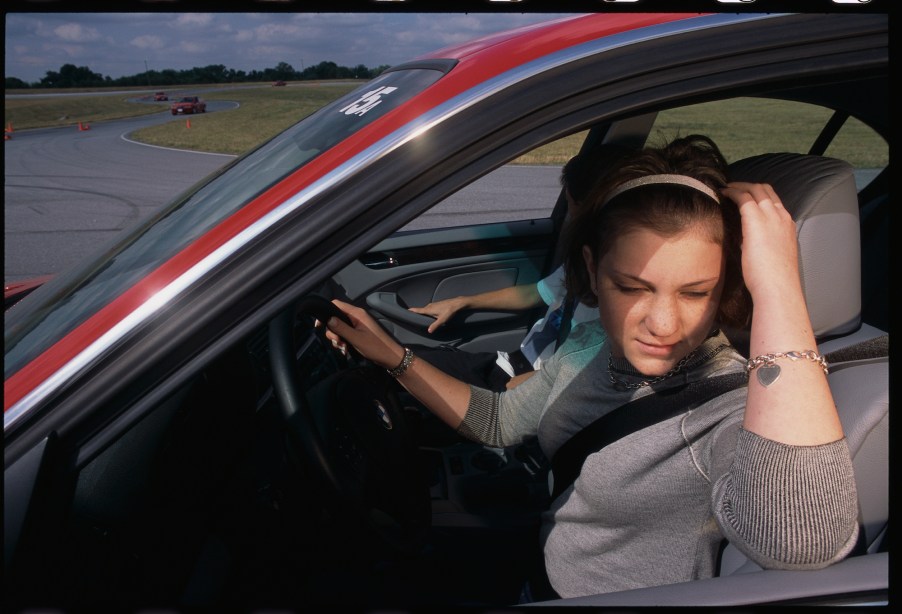
What Is a Graduated Driver’s License?
Obtaining a license to drive is typically seen as a rite of passage for most teenagers. However, that plastic ticket to freedom requires a little more than a dreaded driving and written test in most states to get it. It’s called the “Graduated Driver Licensing” (GDL) program and it’s put in place to save lives and make teen drivers much safer.
The Graduated Driver Licensing program is not new

If you have never heard of the Graduated Driver Licensing program, don’t worry, we hadn’t either. But apparently, it’s nothing new. According to the Graduated Driver Licensing site, the GDL program has been in place in many states since the late 90s and is the standard licensing procedure in most of them.
While many teenagers are eager to get behind the wheel of a car and start driving, studies have shown that inexperience can lead to fatalities. In fact, the CDC reported that about 2,400 teens between the ages of 16-19 died in fatal car crashed in 2019 alone. That being said, teens need time to gain driving experience and develop critical skills during low-risk situations, says the Teen Driver Source. To that measure, the GDL program aims to give teens the much-needed experience in order to safely navigate the roads by the time they get their actual driver’s license.
The three stages of the Graduated Driver’s License program
The GDL program is pretty extensive, however, it looks pretty necessary for getting new teen drivers up to speed. The reason that it’s referred to as the “graduated” program is that there are three different stages that each teen must pass, or graduate to in order to finally obtain their driver’s license. According to the AAMVA, here are the stages:
Stage 1: Learner’s permit
The learner’s permit allows the teen driver to practice basic and safe driving maneuvers under supervision prior to obtaining their Intermediate license. The requirements for the learner’s permit are:
- Meet the minimum age required by the state
- Pass the vision and knowledge tests, including rules of the road, signs, and signals
- All drivers must be accompanied by a licensed adult 21 or older
- Parent participation in the driving process
- Must remain crash-free and conviction-free for six months to advance to the next stage
Stage 2: Intermediate License
After a teen passes the learner’s permit test, they are then issued an Intermediate or restricted, license so they can get some seat time behind the wheel. This stage is meant to gradually get the teen ready for riskier driving situations down the line as there is a required amount of time they have to complete and driving is restricted to certain times of the day.
To be eligible for an intermediate license, the teen should complete the following:
- Successfully complete the learner’s permit stage
- Meet the minimum age requirement by state
- Complete a driver’s education course
- Pass a second-level knowledge test
- Pass an on-road driving test
- Teens are restricted from driving between the hours of 10 pm to 5 am
- Must hold this license for a minimum of six months
- Many states require a minimum of 50 hours of driving
Stage 3: Full, or unrestricted, license
After the teen has completed the intermediate license stage and driven for the required amount of hours, they can then apply for their full license. Most states require the teen to be at least 16 years old, while others require them to be 17. A driver’s education course must be completed in addition to passing a second-level knowledge test and an on-road driving test to get the license.
The GDL program is long but necessary

As we can see, the Graduated Driver’s License program is a lengthy process, but it’s necessary. A recent study by Johns Hopkins University found that a comprehensive graduated licensing system could decrease teen deaths by up to 38%. Since the multi-phase program eases teen drivers into the wild world of driving, it’s a great and safer way for anyone to earn their ticket to motoring freedom.



